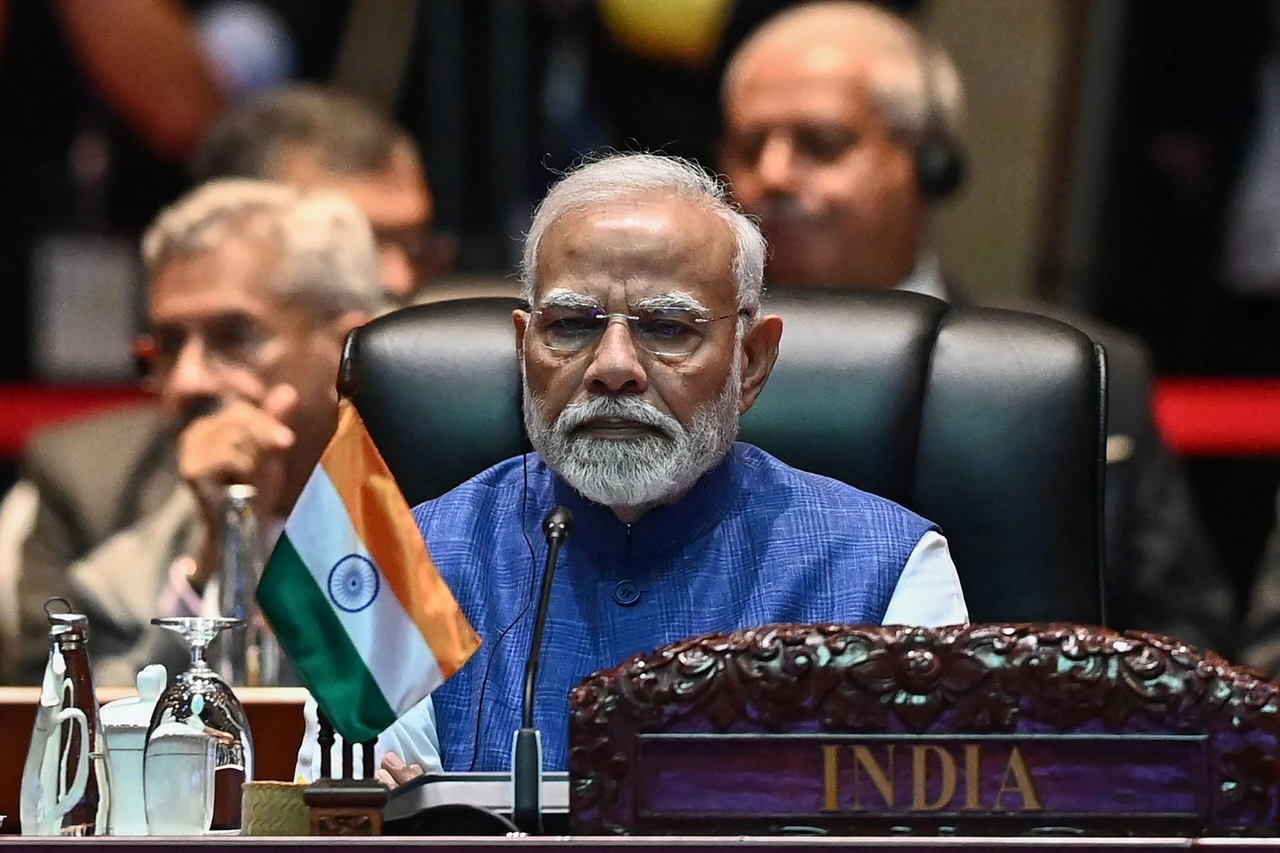US, UK claim Chinese government-linked hackers targeted critics, politicians, businesses

Both American and British authorities have identified the hacking group as APT31, operating under China’s Hubei State Security Department, a division of China’s Ministry of State Security in Wuhan, according to the U.S. Justice Department
Hackers affiliated with the Chinese government conducted a widespread, government-supported operation targeting officials in the United States, journalists, businesses, advocates for democracy, and the electoral oversight body in the United Kingdom, according to American and British authorities who revealed a series of criminal charges and sanctions related to the incident Monday.
Both American and British authorities have labeled the hacking collective as Advanced Persistent Threat 31, also known as “APT31.”
The U.S. Justice Department, in a press release, stated that APT31 operates under the auspices of China’s Hubei State Security Department, a division of China’s Ministry of State Security based in Wuhan.
The Justice Department disclosed that the hacking initiative commenced as early as 2010.
Its primary objectives were harassing Chinese government critics, stealing proprietary information from American companies and surveillance and monitoring prominent political figures.
U.S. officials highlighted the campaign constituted foreign interference by targeting individuals within the White House, State Department, Department of Justice, as well as lawmakers and members of the Inter-Parliamentary Alliance on China – a global coalition of elected representatives working to counter threats posed by the Chinese Communist Party.
The Justice Department charged seven alleged hackers, believed to be residing in China.
In a related development, the British government imposed sanctions on two of these individuals in connection with a breach that potentially granted China access to data maintained by the Electoral Commission in the U.K. pertaining to tens of millions of voters.
The indictment comes just months before the upcoming U.S. presidential election rematch between incumbent President Joe Biden and former President Donald Trump.
The 2016 election witnessed a Russian hacking operation that created discord and tarnished the campaign of Democratic nominee Hillary Clinton.
Matthew Olsen, assistant attorney general of the Justice Department’s national security division, emphasized the imperative of remaining vigilant against cybersecurity threats and foreign interference efforts, particularly in the approaching 2024 election cycle.
In Canada, concerns persist regarding foreign interference, including meddling in elections and other risks from China.
The government is preparing to resume a public inquiry into foreign interference by Beijing and other authoritarian regimes, with testimony expected from ethnic diaspora groups targeted by China for criticizing its policies in regions like Hong Kong, Xinjiang, Tibet and Taiwan.
While the Canadian government has not yet addressed potential targeting in the hacking campaign, the Department of Global Affairs condemned the hacking incident involving Britain without explicitly naming the Chinese government.
Breon Peace, a federal prosecutor in New York involved in the indictment, highlighted the extensive nature of the alleged espionage and covert influence operations. He shed light on China’s illicit hacking activities targeting sensitive information from U.S. officials, journalists, academics, companies, and political dissidents both domestically and internationally.
The indictment unveiled by U.S. prosecutors on Monday revealed confirmed or possible breaches into millions of Americans’ work accounts, personal emails, online storage, and call records.
British officials accused APT31 of targeting British lawmakers who were critical of China. They implicated a separate group of Chinese operatives in the breach of the UK’s Electoral Commission, which compromised the data of millions more individuals.
Margaret McCuaig-Johnston, a former senior official at Canada’s Natural Sciences and Engineering Research Council and a China Strategic Risks Institute director, expressed certainty that similar hacking activities have occurred in Canada.
She emphasized the importance of identifying and halting such activities, particularly with upcoming elections in the U.S. and Canada on the horizon.
Source: Agencies



